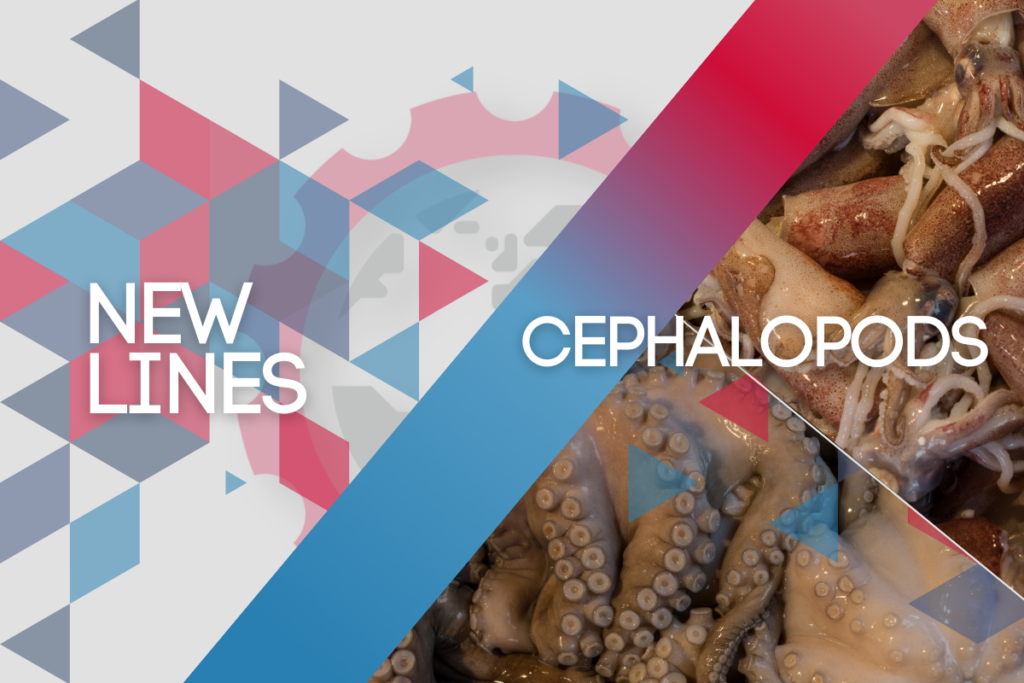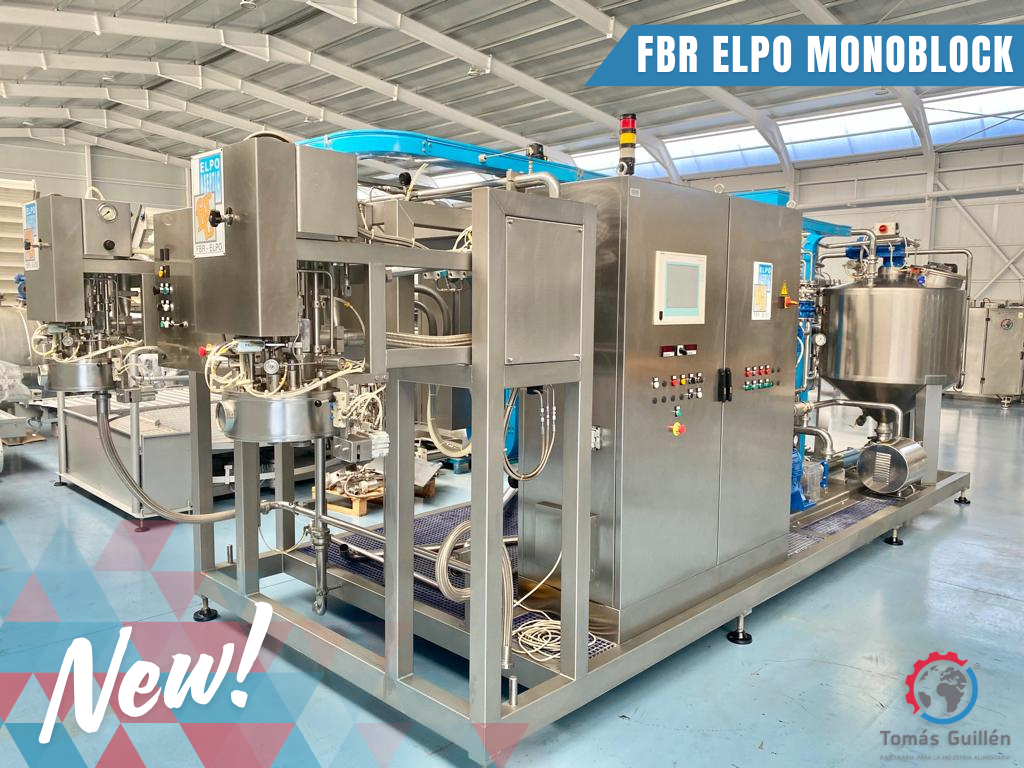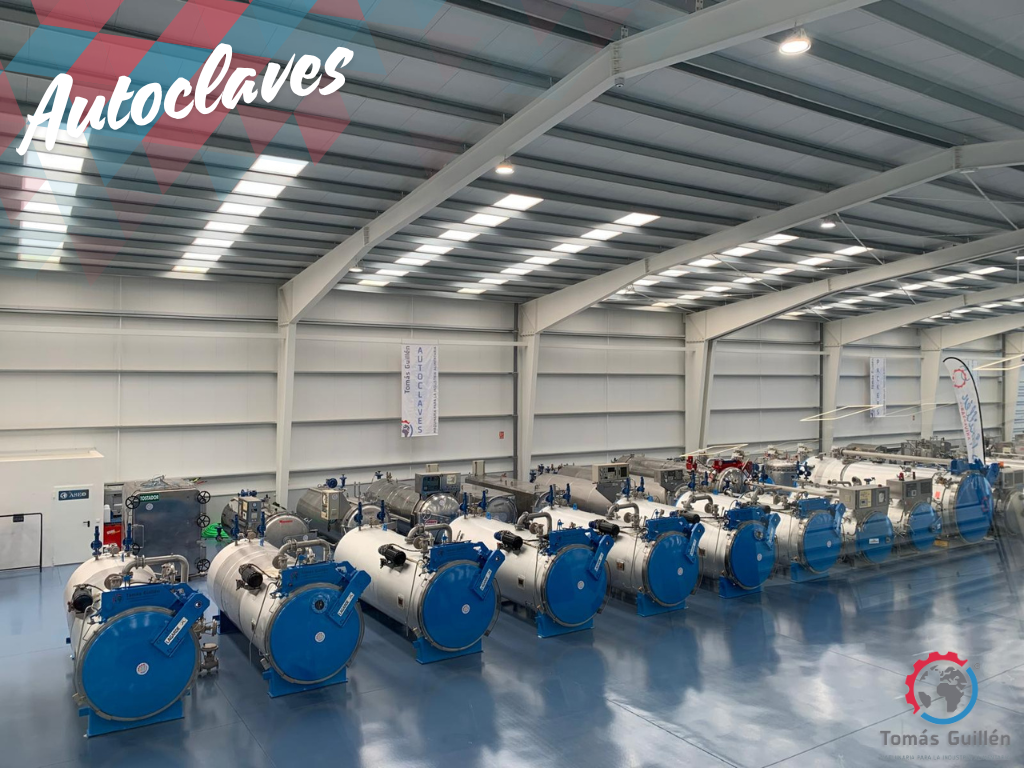Metal detectors have revolutionized multiple industries, from mining to security and food production. Originally, these devices were developed to detect hidden metal objects in the ground or products. Over time, their application has expanded, enabling quality control in industrial processes and, above all, ensuring safety in food production.
Origin and evolution of metal detectors
The development of the first metal detectors dates back to the late 19th century when inventors like Alexander Graham Bell created rudimentary devices that, although imperfect, opened the door to new technological possibilities. Bell’s design was driven by an attempt to save the life of U.S. President James Garfield, who was shot in 1881. Although the device was unsuccessful at the time, it marked the beginning of an era where metal detection would begin to be refined.
During World War II, metal detectors were essential for demining battlefields and locating unexploded bombs. However, their potential for other industries soon became evident. In the 1960s, factories began using metal detectors to ensure the safety and quality of their products, especially in the food industry, where small metal fragments could accidentally mix with food.
Metal detectors in the food industry
The use of metal detectors in the food industry has greatly improved food safety. These devices help identify and remove any metal particles that may be present in packaged or fresh products, ensuring the purity of the food that reaches consumers’ tables. Over time, detectors have become more sophisticated, adapting to the changing needs of the sector and allowing the inspection of products in various types of packaging.
However, metals are not the only concern in modern food production. Other high-density contaminants such as glass fragments, stones, plastics, or bones can also compromise the safety and quality of products. This is where even more advanced technologies, such as X-ray detectors, come into play.
Advanced technology: Raytec X-ray detectors
As technology advances, food inspection systems have been refined, and X-ray detectors, like those developed by the Raytec brand, have revolutionized quality control in the industry. Specifically designed for products in glass jars, glass bottles, tin cans, cartons, and plastic containers, these devices offer even more precise detection of contaminants than traditional metal detectors.
The Raytec X-ray detector is particularly effective at tracking and rejecting high-density contaminants such as glass, metal, stones, bones, plastics, and rubbers, depending on their composition and relative density. One of the highlights of this technology is its ability to detect even small particles, although its effectiveness depends on factors such as the type of container, shape, and product content.
In addition to detecting foreign bodies, Raytec X-ray detectors offer other advantages. For example, they allow for monitoring packaging compliance, such as possible dents or breaks, fill levels, and the correct orientation of easy-open lids on tin cans. This ensures that products reaching consumers are not only free from contaminants but also in perfect condition.
Among the most outstanding technical features of the Raytec X-ray detector are:
- Panoramic and standard views, providing thorough control of each inspected product.
- Low X-ray emission, ensuring the safety of operators and products.
- High processing capacity, with up to 1200 inspections per minute (rpm).
- Compact design, ideal for small spaces within production lines.
In terms of system efficiency, Raytec detectors achieve a minimum of false rejections, with a remarkable accuracy rate: 7 per 10,000 inspected products. This not only reduces waste but also improves plant productivity.
Innovation and safety in the food industry
At Tomás Guillén, we pride ourselves on being specialists in all types of machinery for the food industry. Our mission is to provide cutting-edge equipment like Raytec’s X-ray detectors, which guarantee the safety and quality of products. Thanks to the continuous evolution of technologies like this, factories can offer consumers safer and higher-quality food.
In addition to X-ray detectors, at Maquinaria Tomás Guillén, we also have color and metal detectors and a wide variety of brands such as DYLOG, LOMA SYSTEMS, ODENBERG, PRISMA, PROTEC, RAYTEC, SAFELINE, SORTEX, THERMO ELECTRON CORPORATION, THERMO SCIENTIFIC, etc.
We invite you to contact us and visit us to learn more about our technological solutions for the food industry. We are committed to innovation and excellence in all our products and services, ensuring that your production meets the highest standards of safety and quality.



